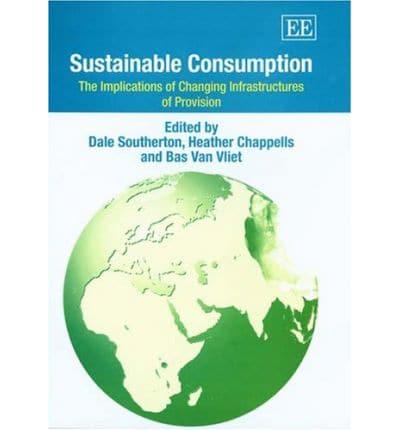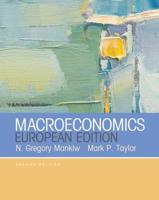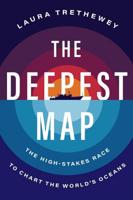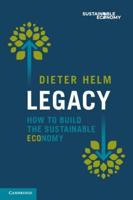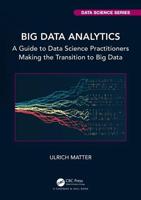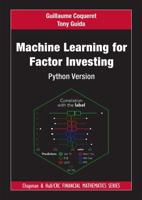Publisher's Synopsis
Sustainable Consumption is unique, not just in its inter-disciplinary and substantive subject matter (changing networks of utility consumption and production), but because it examines empirically the key theoretical debates underpinning the social sciences at the beginning of the 21st century. This book shifts the focus of sustainable consumption away from the individual consumer and their lifestyles, and examines how existing systems of provision constrain how people consume and how sustainability is conceived in popular and policy-related discourses.
The authors address a number of relevant and topical issues including: the relationship between production and consumption, with a focus on how each sphere configures the other; the escalation of choice and the emergence of differentiation in service provision and lifestyle orientation; the constraints on consumption that are embedded both in systems of provision and in the collective routines of everyday life; and the differential capacities of states, public agencies, social movements and commercial companies to facilitate sustainable consumption. In tackling these issues, the book advances the sustainable consumption agenda by highlighting the ways in which socio-technical and market regulatory arrangements at the systemic level increase opportunities for the gradual re-orientation of consumption habits across social groups and over time.
This book offers a comprehensive evaluation of sustainable consumption in the context of infrastructure provision. The interdisciplinary nature and rigorous analysis will make it essential reading for scholars, students and policymakers interested in sustainability, sociology, culture, consumption patterns and the environment.
